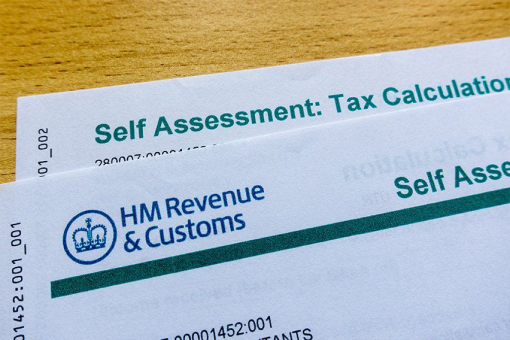Am I a UK Tax Resident for tax purposes?
We start by considering whether you spent 183 days or more in the UK during any one tax year. If you spend 183 days or more in the UK during any one tax year you are considered a resident in the UK and do not need to consider any further tests below, if not then you will need to consider 3 automatic overseas tests;





